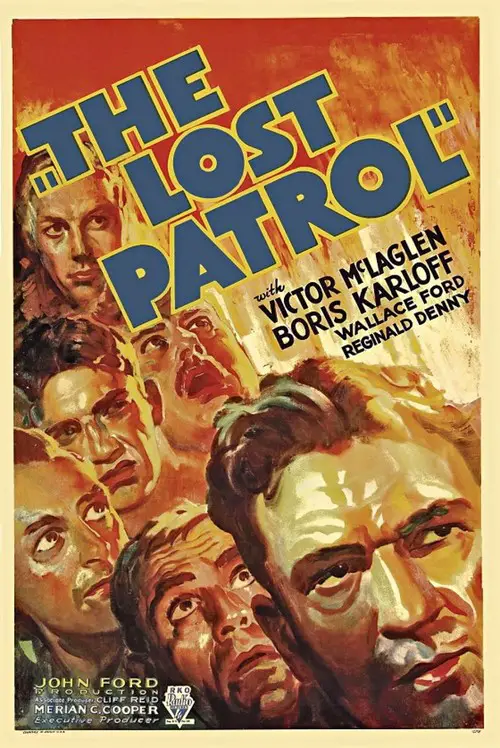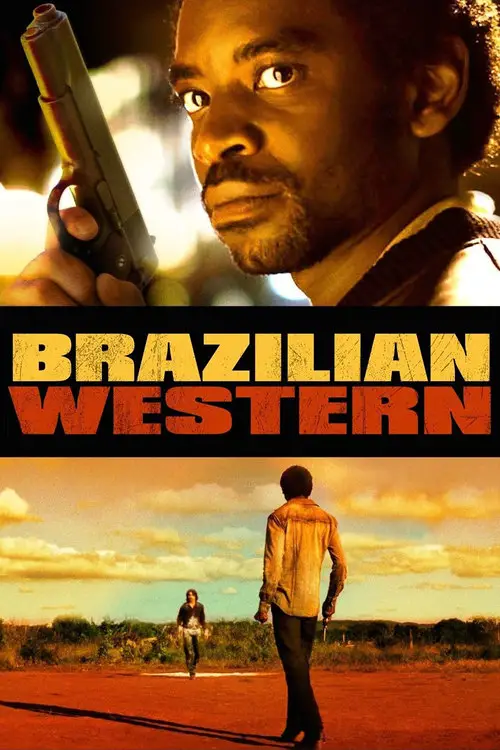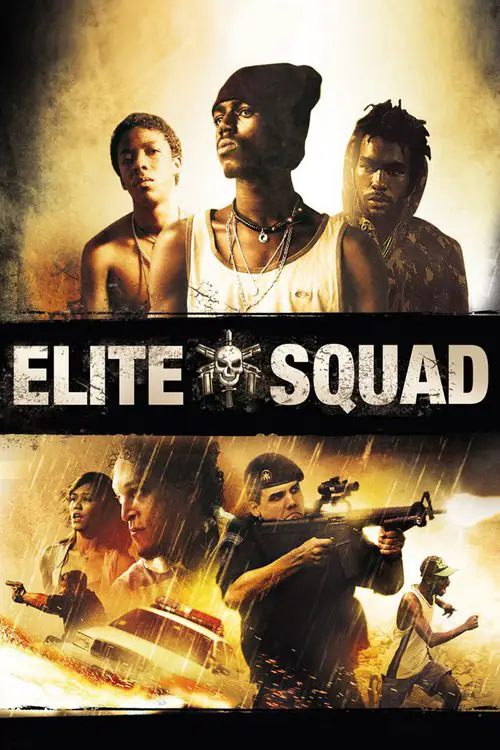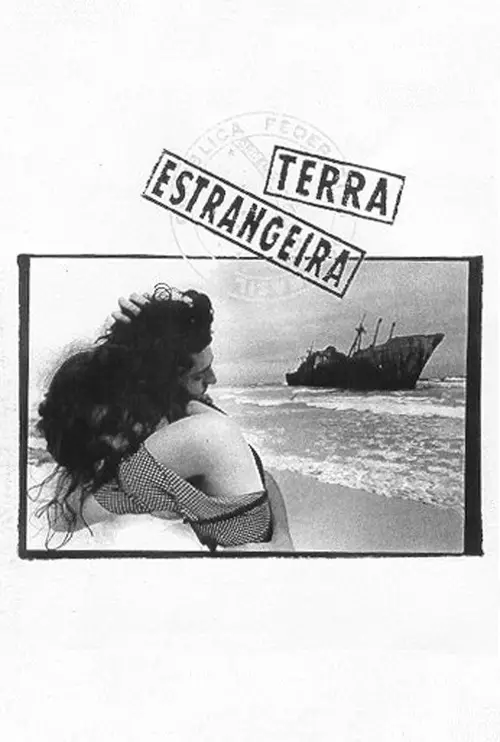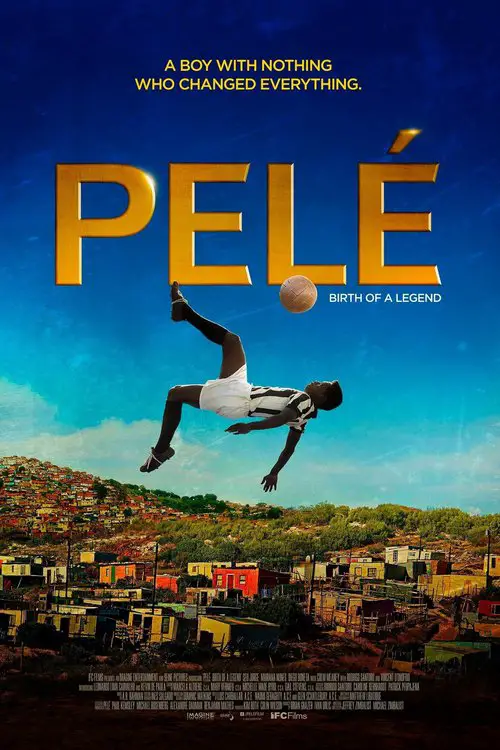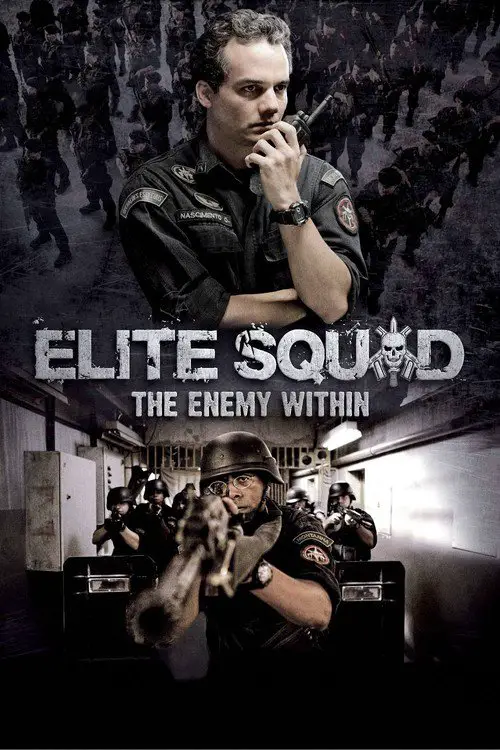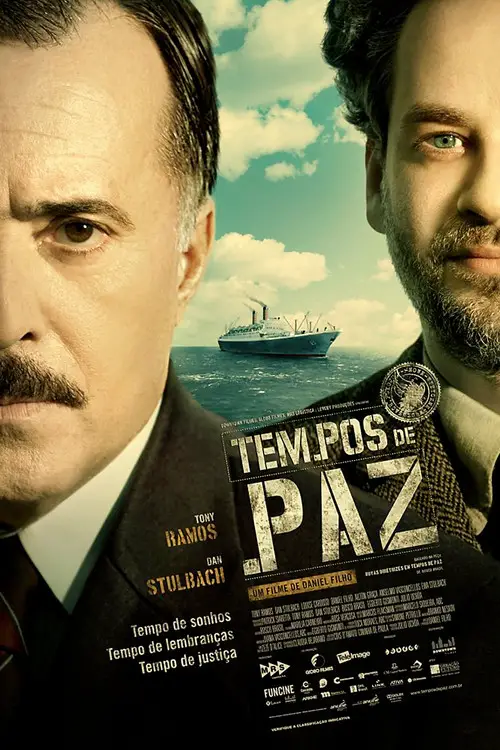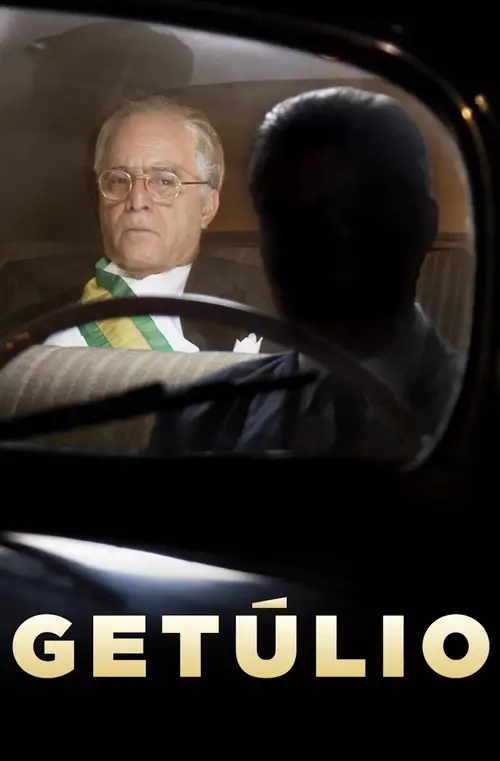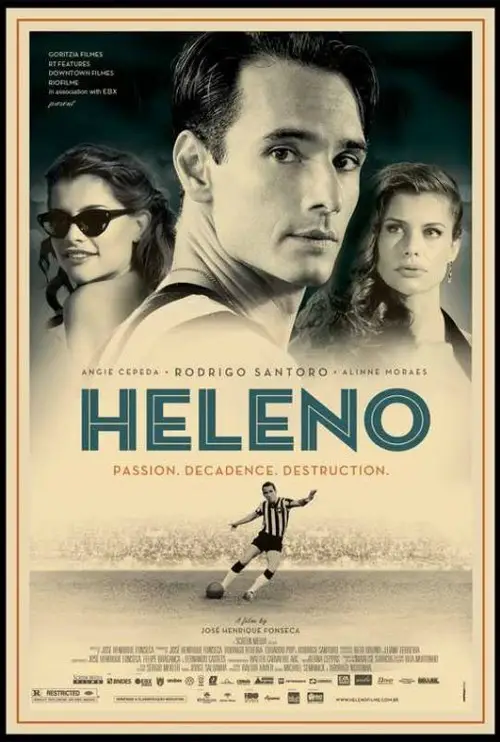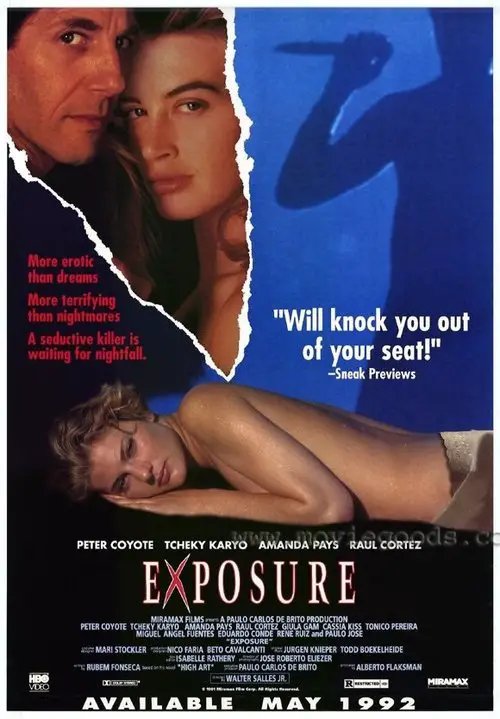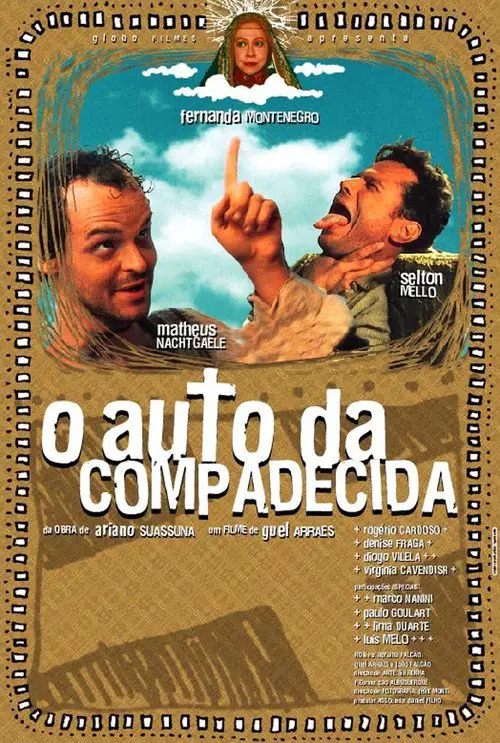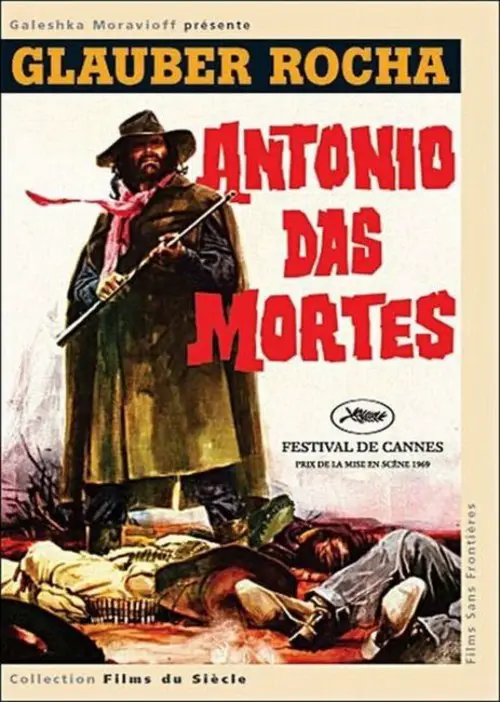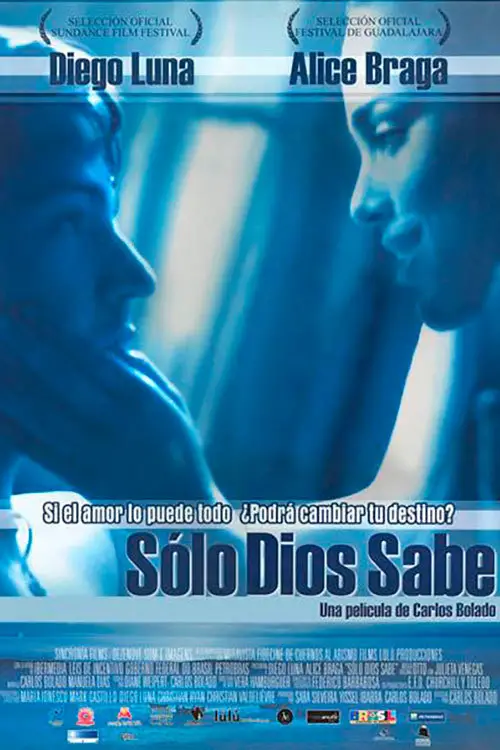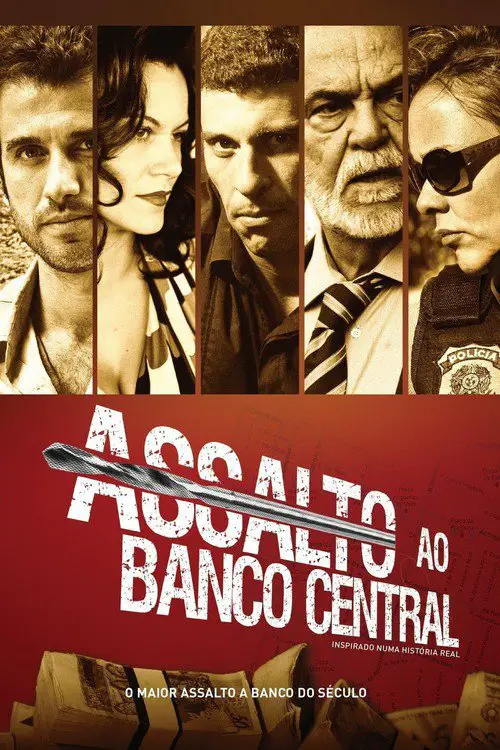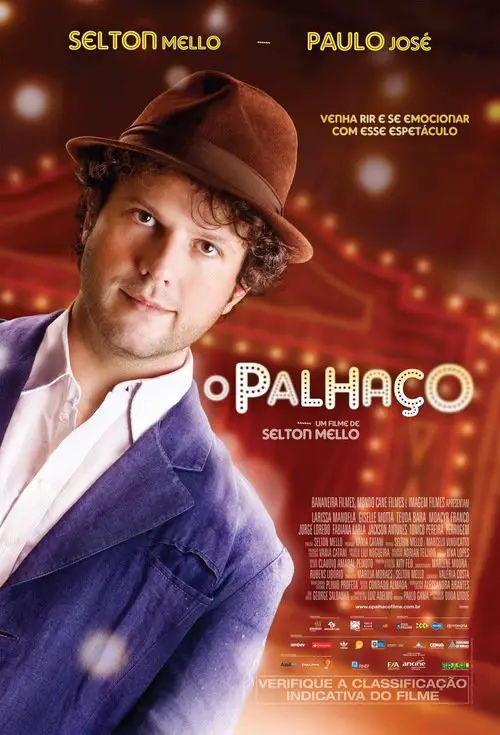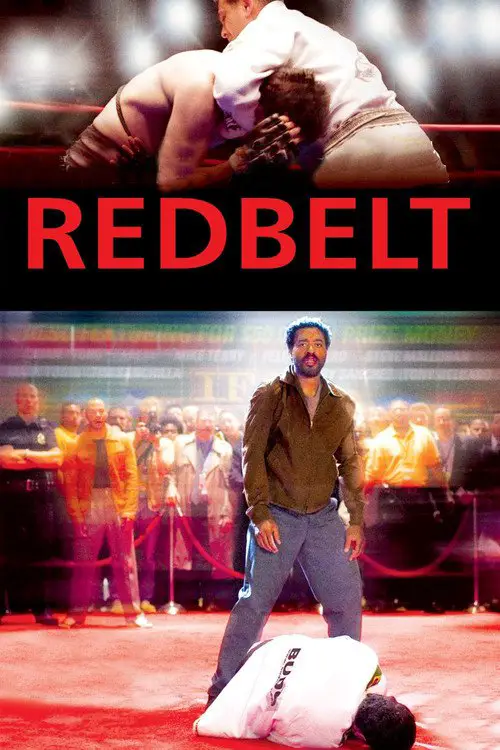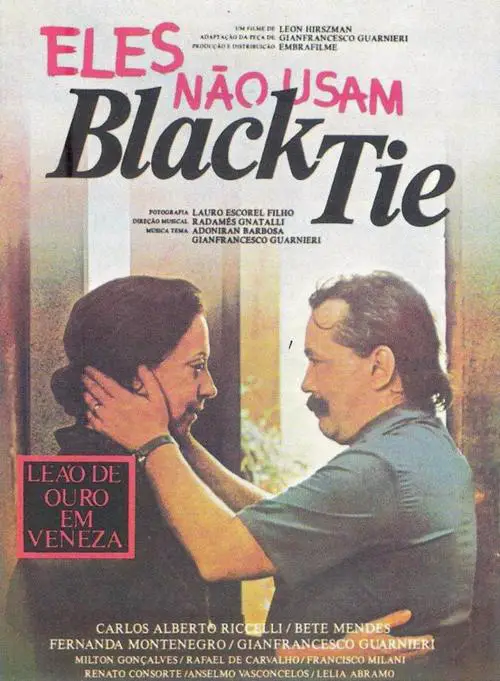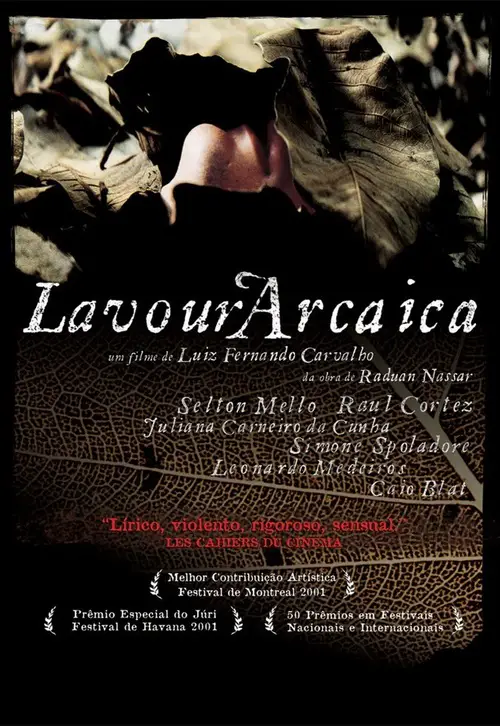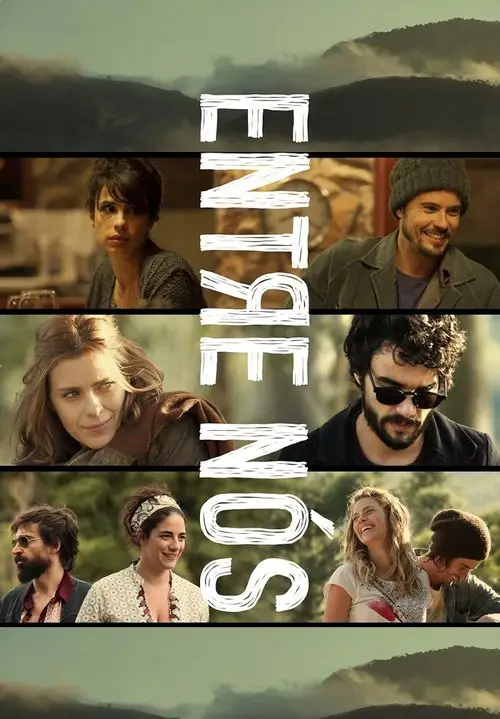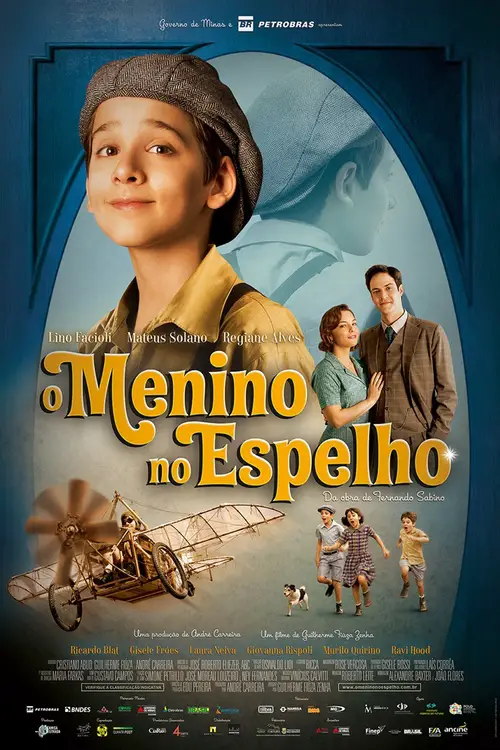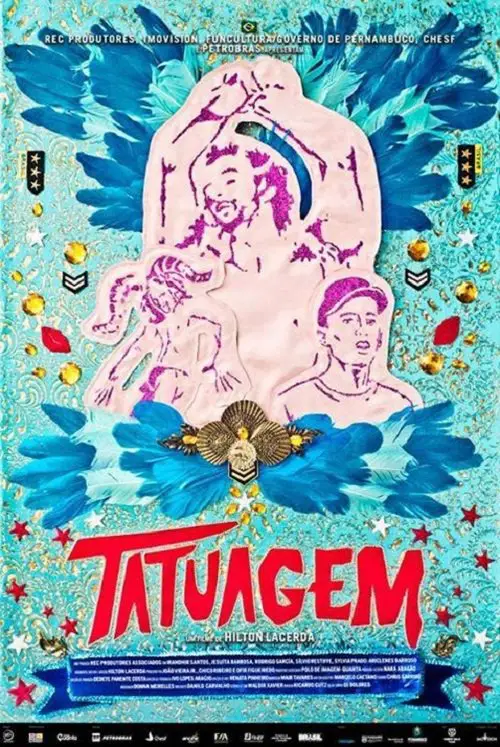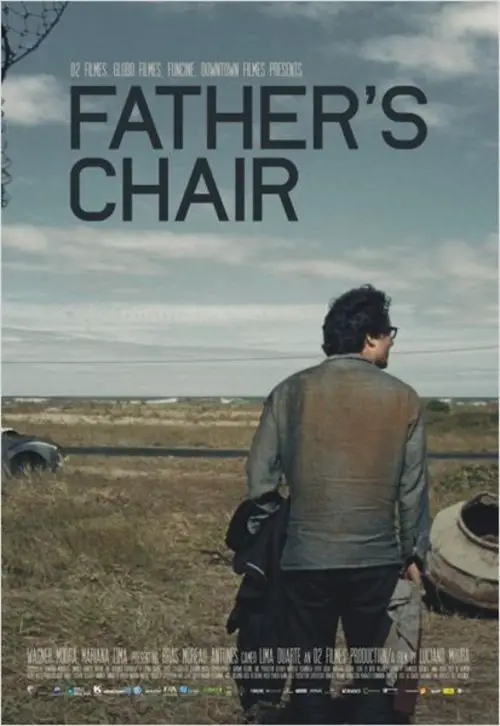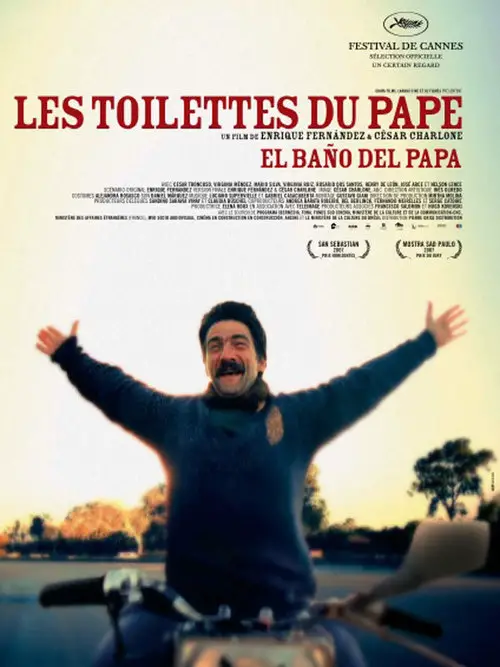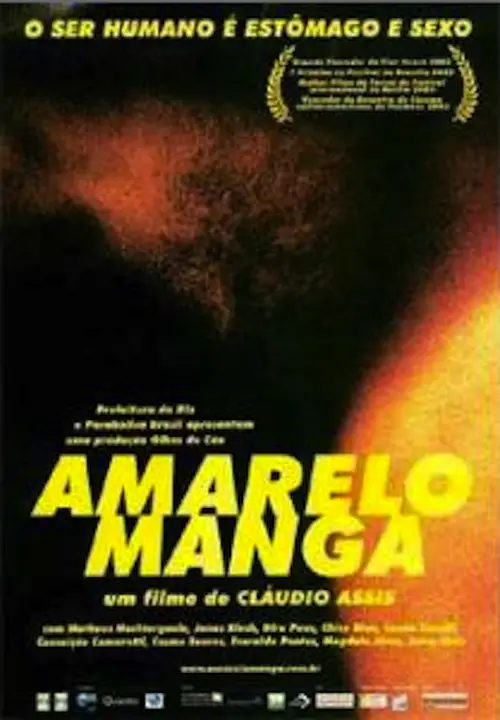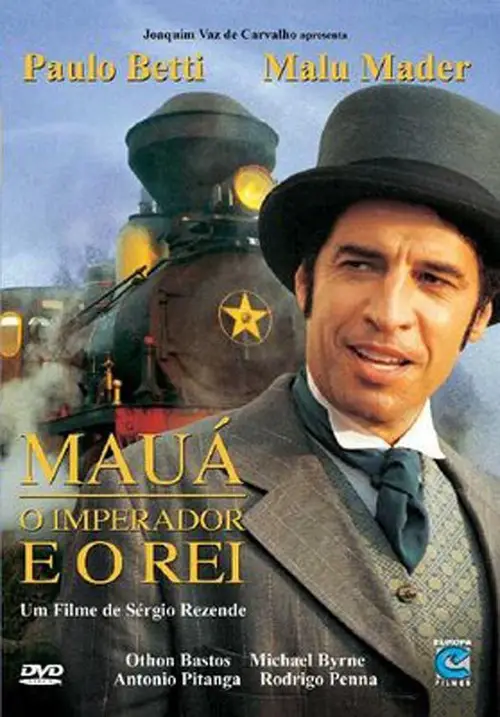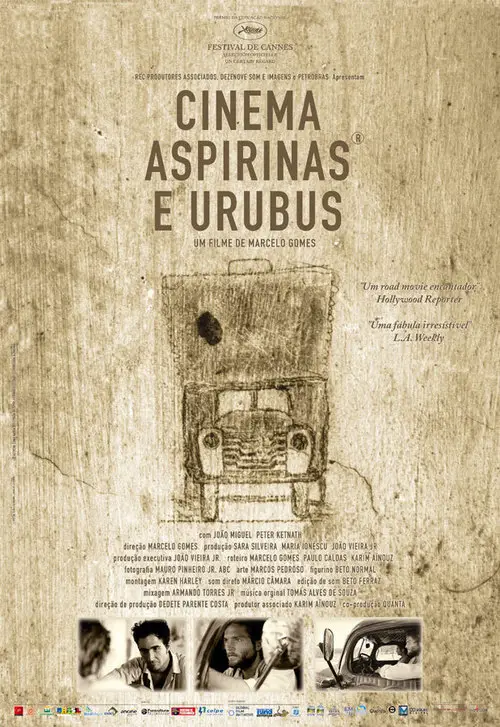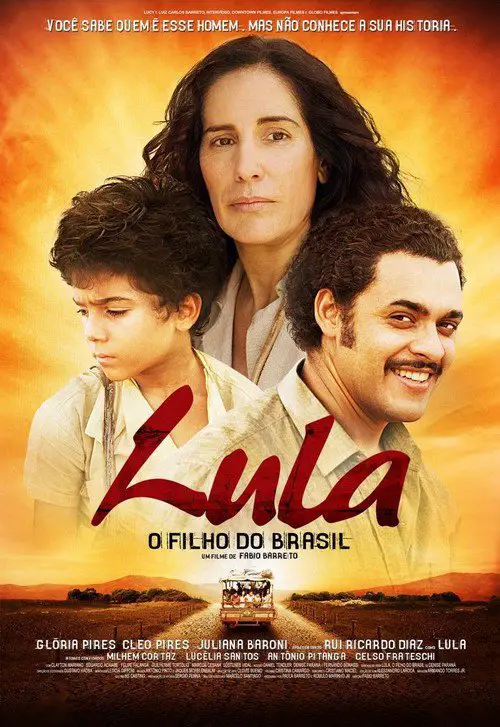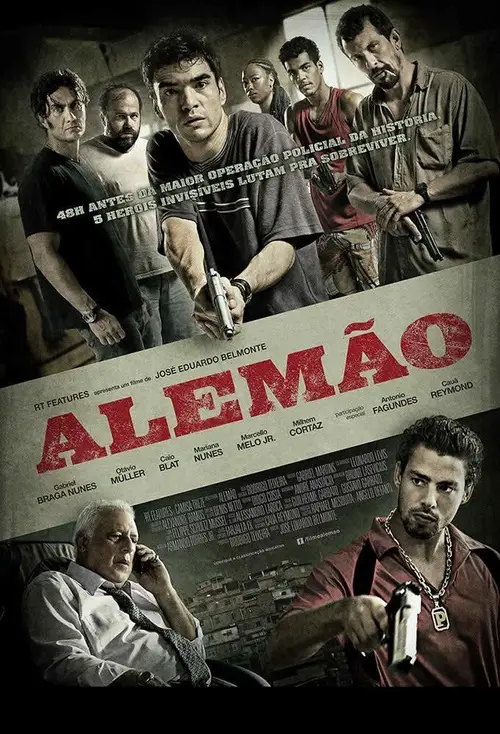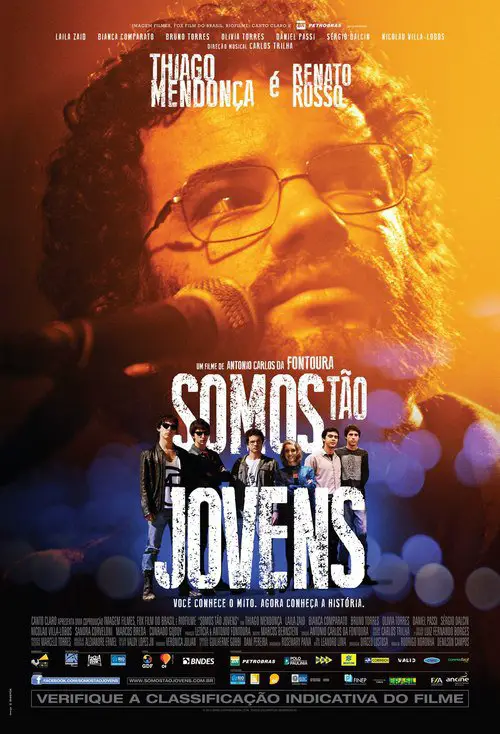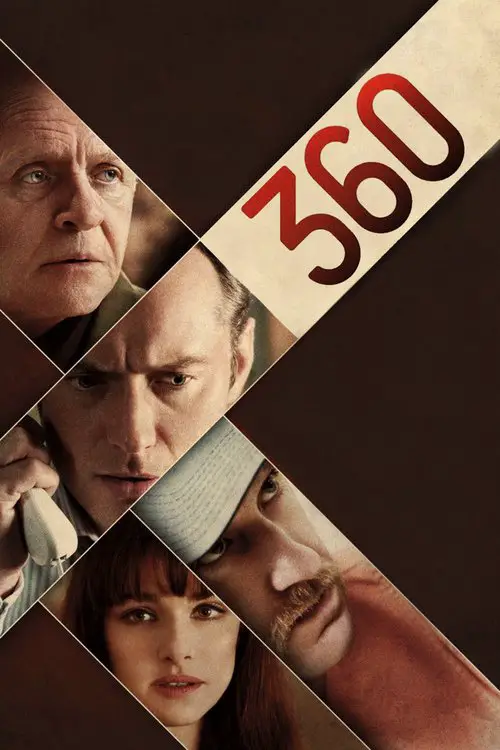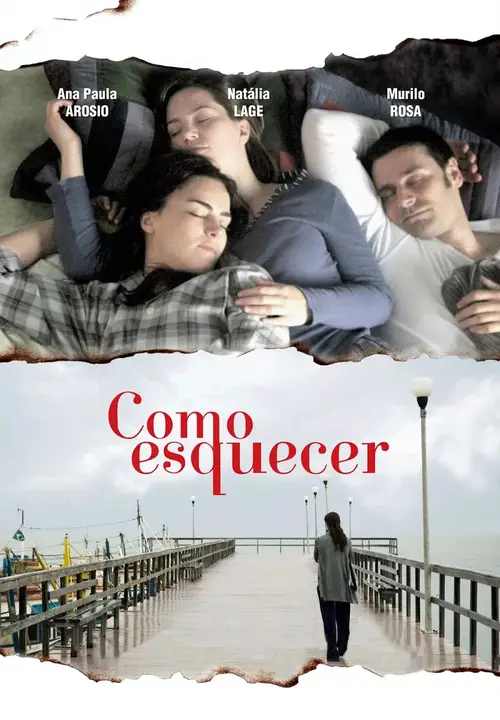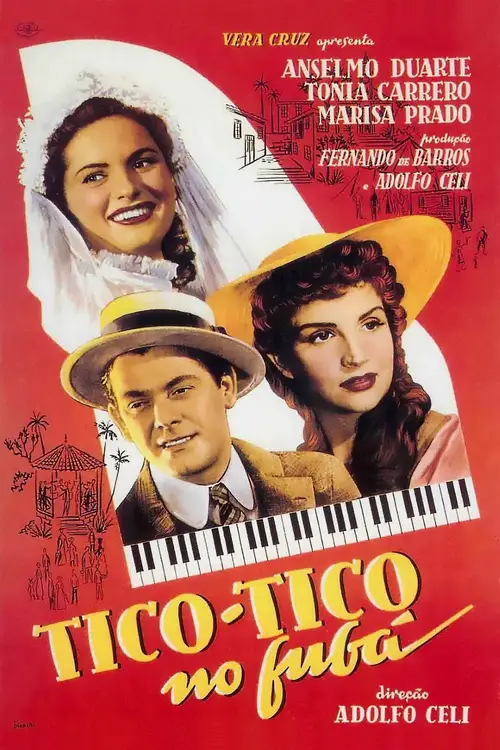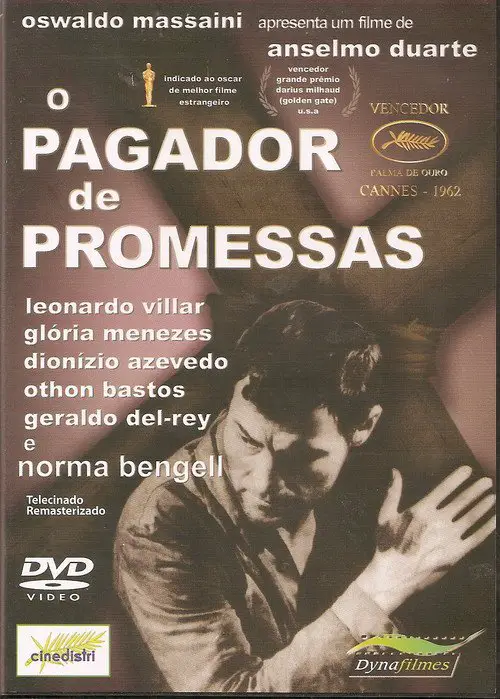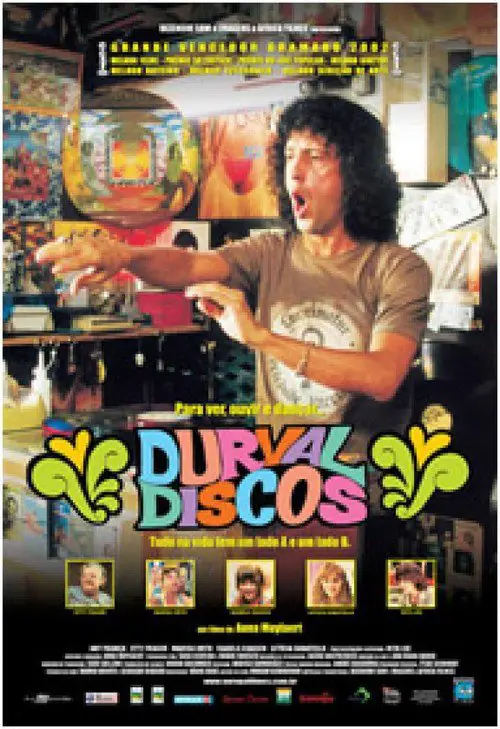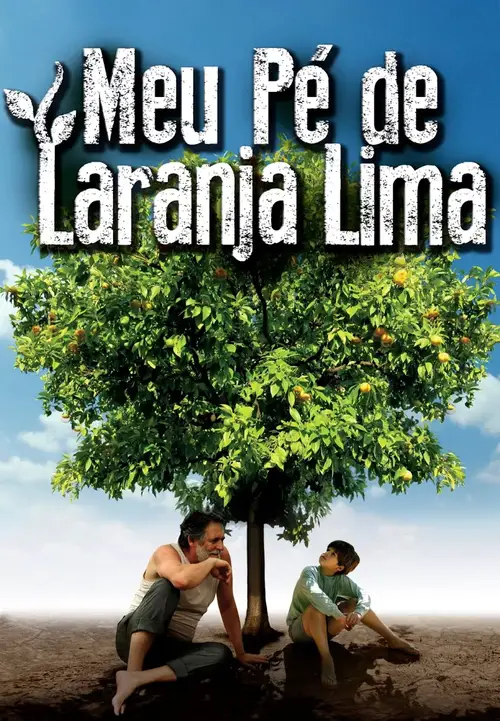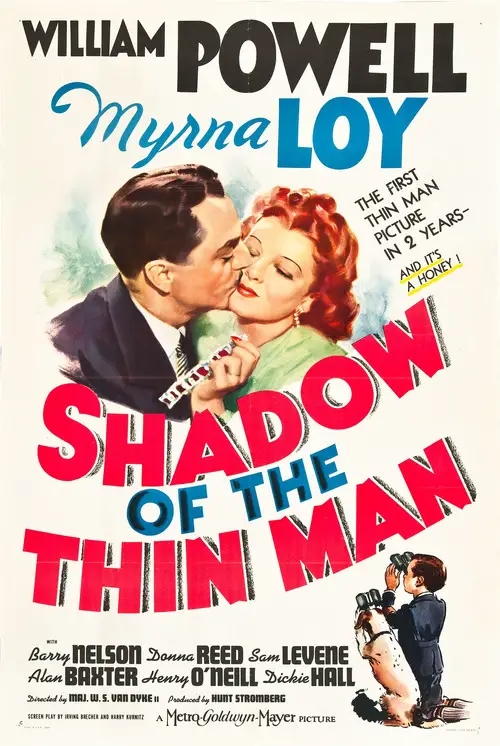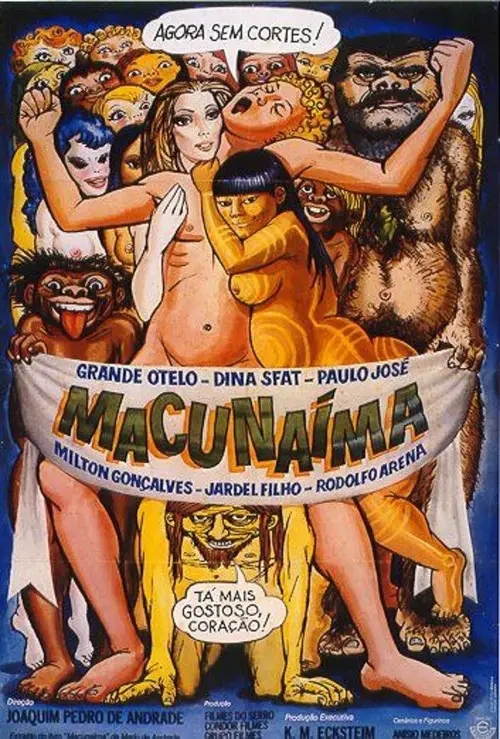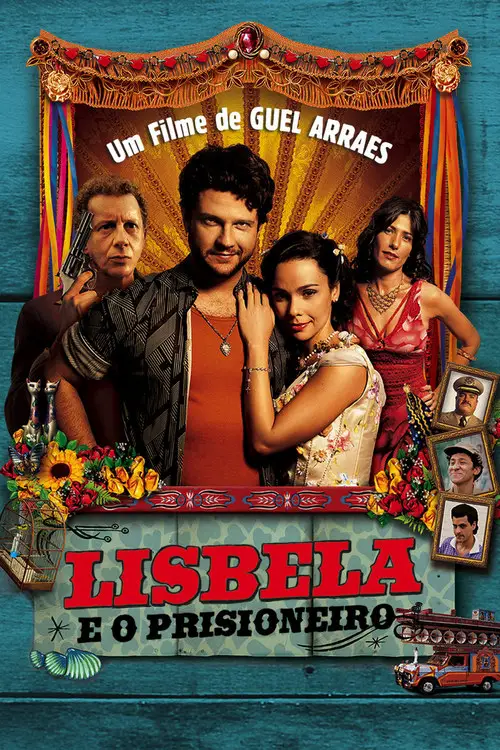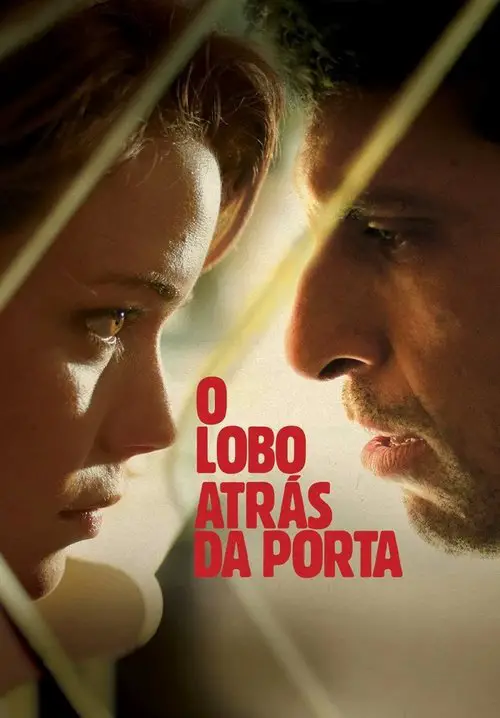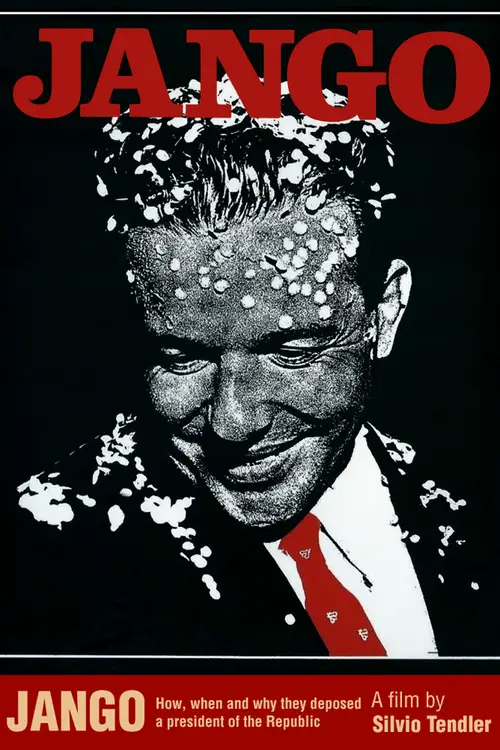The Lost Patrol (2014)
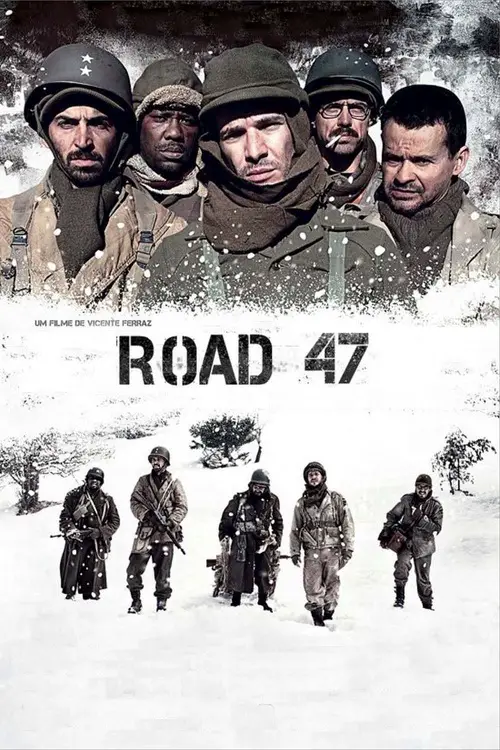
Similar movies
A World War I British Army patrol is crossing the Mesopotamian desert when their commanding officer, the only one who knows their destination is killed by the bullet of unseen bandits. The patrol's sergeant keeps them heading north on the assumption that they will hit their brigade. They stop for the night at an oasis and awake the next morning to find their horses stolen, their sentry dead, the oasis surrounded and survival difficult.
Fernando, a journalist, and his friend César join terrorist group MR8 in order to fight Brazilian dictatorial regime during the late sixties. Cesare, however, is wounded and captured during a bank hold up. Fernando then decides to kidnap the American ambassador in Brazil and ask for the release of fifteen political prisoners in exchange for his life.
An adaptation of the eponymous song by Renato Russo, a famous Brazilian singer and composer who in the style of Bob Dylan knew how to delight crowds by telling stories and singing with his lyrics. Focusing on the love story of outlaw João do Santo Cristo with Architecture major student Maria Lúcia, the movie takes place in Brasilia in the early 80s. In a clash of interest, drug dealers and the police conflict with one another,while the end of the military dictatorship in the Capital of Brazil, Brasilia takes place. The wanderings and tedium of a young rocker, who lived in a city still being built, are the backdrop for this story.
After a bloody invasion of the BOPE in the High-Security Penitentiary Bangu 1 in Rio de Janeiro to control a rebellion of interns, the Lieutenant-Colonel Roberto Nascimento and the second in command Captain André Matias are accused by the Human Right Aids member Diogo Fraga of execution of prisoners. Matias is transferred to the corrupted Military Police and Nascimento is exonerated from the BOPE by the Governor.
Rio de Janeiro, April 18, 1945. Brazil's foreign policy aligns closely with that of the United States and opens a brief period of democratic rule after the end of World War 2. For years, hundreds of people were arrested and tortured by the Vargas regime. But with the external pressure, several political prisoners gain freedom.
The movie depicts the political crisis that led to the suicide of president Getúlio Vargas, in the 19 days that preceded August 24, 1954. The crisis began with the attempted assassination of journalist and politician Carlos Lacerda (Alexandre Borges) in August 5, 1954, at rua Toneleros, Rio de Janeiro, in which Major Vaz was assassinated instead. Investigations pointed to Gregório Fortunato (Thiago Justino), chief of Vargas' personal guard, as the orderer of the frustrated assassination. This incident was one of the most importants in the history of Brazil.
JoseÌ Henrique Fonseca crafts an ambitious and long overdue homage to a central icon in Brazilâs 20th century history. Reminiscent of film noir classics, the biopic tells the glorious and tragic story of the legendary football striker Heleno de Freitas. The sumptuous black and white cinematography reflects the chic life of Rio de Janeiro in the 1940s as it fell under the spell of sports royalty. Heleno was no doubt one of the most popular players of his time for his bravura in the field and magnificent goal-scoring that lead the Botafogo team to the top and himself into a vicious downward spiral.
Luis Molina and Valentin Arregui are cell mates in a South American prison. Luis, a homosexual, is found guilty of immoral behaviour and Valentin is a political prisoner. To escape reality Luis invents romantic movies, while Valentin tries to keep his mind on the situation he's in. During the time they spend together, the two men come to understand and respect one another.
A palpable sense of unease hangs over a single city block in the coastal town of Recife, Brazil. Home to prosperous families and the servants who work for them, the area is ruled by an aging patriarch and his sons. When a private security firm is reluctantly brought in to protect the residents from a recent spate of petty crime, it unleashes the fears, anxieties and resentments of a divided society still haunted by its troubled past.
Antonio of the Death is a "cangaceiros" killer. Cangaceiro is the local name for a popular leader. Antonio is hired to kill the one who seems to be the last one in the Pirahna's Valley. This man is being followed by a strange woman who is considered a Saint. Once Antonio has killed the Cangaceiro, he changes his way of thinking when listening to the Saint's words.
"The Baron" wanted to commit the perfect heist involving 3 tons of money and no violence. For this he would need the right people willing to get 1 million dollars to take part in this job. Based on true events, in 2005, 168,000,000 Brazilian Real (almost 80,000,000 US dollars) were stolen from a Brazilian Central Bank (Federal Reserve), making it the biggest peace-time robbery in history. It was perhaps the most audacious bank heist ever.
Is there room for principle in Los Angeles? Mike Terry teaches jujitsu and barely makes ends meet. His Brazilian wife, whose family promotes fights, wants to see Mike in the ring making money, but to him competition is degrading. A woman sideswipes Mike's car and then, after an odd sequence of events, shoots out the studio's window. Later that evening, Mike rescues an action movie star in a fistfight at a bar. In return, the actor befriends Mike, gives him a gift, offers him work on his newest film, and introduces Mike's wife to his own - the women initiate business dealings. Then, things go sour all at once, Mike's debts mount, and going into the ring may be his only option.
At the beginning of the Brazilian film "They Don't Wear Black Tie," a middle-class boy and girl are making plans to live happily ever after. Maria (Bete Mendes) is pregnant by the handsome young Tiao (Carlos Alberto Ricelli), and that helps accelerate their plan to rush into marriage. Everything looks rosy. "They Don't Wear Black Tie" is an extremely successful politically aware drama about how the bloom falls off the rose.
Based upon the true story of Olga Benário, the German-born wife of Brazilian communist leader LuÃs Carlos Prestes. During the dictatorship of Getúlio Vargas (1930-1945) she was arrested and sent to Nazi Germany, where she was put to death in a concentration camp. After World War II began, Vargas decided to uphold the Allies.
What child has never dreamed of having a double, someone who would do all of the annoying things in his place? Seeing his reflection get out of the mirror into the real world, this dream comes true for the fearless boy Fernando. Odnanref, his double, presents himself as a solution to all his problems. Adaptation of a successful Brazilian novel written by Fernando Sabino.
Theo is living the good life in an upscale Brazilian neighborhood. Heâs a hardworking doctor, husband, and father. However, Theo has chosen his career over his family, and little by little he discovers that his world is crumbling around him. His beloved mentor and surrogate father is dying, and his wife announces that she wants a divorce. Yet nothing prepares him for the day when he comes home to discover that his 15-year-old son, Pedro, has disappeared. Theo takes to the road in search of his son. In a journey that leads him throughout Brazil, Theo discovers what really matters to him. Searching for his missing son, Theo finds himself.
In a poor neighborhood in Recife, the lives of exotic and bizarre characters entwine in a bar and in a very low-budget hotel. The queer Dunga works in the hotel and has a crush on the butcher Wellington that is married with the religious Kika and has an affair with his mistress Dayse. The sick necrophiliac Isaac owns a yellow Mercedes Benz and wants to have sex with LÃgia that owns of Bar Avenida.
Cafundó is a 35 mm color film which blends fact with fiction in the life of João de Camargo, a former black slave (1858-1942, Sorocaba, Brazil) who, in his old age, works miracles and devotes himself to assisting others in order to attain his freedom. João de Camargo represents the genesis of religious and cultural syncretism in Brazil.
After several behavior problems , teenager John (John Peter Zappa) is admitted to a psychiatric clinic by his family. There he meets Judith ( Deborah Secco) , for who he soon falls in love. The problem is that she does not have long to live is and they know it. This shall not prevent the emergence of a great romance in the clinic.
A movie about a Brazilian entrepreneur who rivalled American's richest man at his time, well-known Rockfeller. Irineu Evangelista de Souza in 1867 had $155.000 contos de reis, meanwhile the Brazilian Governement annual budget was 97.000 contos de reis. The movie shows his life from poverty to riches and back to poverty again, as is common in Brazil, rich people die poor.
In 1942, the lonely German Johann travels through the arid roads in the country of the Northeast of Brazil in his truck selling aspirins in small villages, using advertisement movies to promote the medicine. He meets the drifter Ranulpho, who intends to go to Rio de Janeiro seeking a better life, and gives a ride to the man. While traveling together, they develop a close friendship, but on 31 August 1942, Brazil declares war to Germany and Johann has to decide if he should return to his home country and fight in the war, or stay in Brazil in a concentration camp; but the option of moving to Amazonas with the migrants of the drought seems to be feasible
The young Renato Russo has no time to lose: dreams of being a rock star. But it's still early. He needs to study, teach English, reassure parents, enjoy the class, heal pain of love and especially who pack touch your band. Abortion Electric to Keith Urban, "We're So Young" presents the first chords of myth Renato Russo and the class of the Rock Brasilia, creators of such hits as "What Country Is This," "Generation Coca-Cola", "Eduardo and Monica" and many other songs that mark and become fans generation after generation, starting the path that will make the biggest band in the Rock and Brazil Renato Russo spokesman urban youth of the whole country.
Inspired by Arthur Schnitzler's classic La Ronde, screenwriter Peter Morgan and director Fernando Meirelles' 360 combines a modern and dynamic roundelay of stories into one, linking characters from different cities and countries in a vivid, suspenseful and deeply moving tale of love in the 21st century. Starting in Vienna, the film beautifully weaves through Paris, London, Bratislava, Rio, Denver and Phoenix into a single, mesmerizing narrative.
Julia is a 35-year-old English Literature teacher struggling with depression as she tries to get her life back together again after her long, intense love affair with Antonia. Feeling totally abandoned after she and her enigmatic girlfriend broke up, Julia is thrown into a desperate, painful process. Her life and her values have been tinged with unbearable melancholy and her life's measure seems reduced to out-of-focus fragments of her memories. Her inner turmoil and conflicts hamper a process now made necessary - that of readapting to her new life. It is impossible for her to disguise her pain when she attempts to narrate emotions.
Tico-Tico no Fubá is a 1952 Brazilian comedy film directed by Adolfo Celi and starring Anselmo Duarte. It was entered into the 1952 Cannes Film Festival. The film is a fictionalized biography of Brazilian composer Zequinha de Abreu (1880â1935), who penned the song "Tico-Tico no Fubá" that became an international hit in the 1940s.
Zé is a very poor man from the Brazilian countryside. His most prized possession is his donkey. When his donkey falls terminally ill, Zé makes a promise to Saint Bárbara: If his donkey recovers, he will carry a cross - like Jesus - all the way from his city to Saint Bárbara's church in the state capital. Upon the recover of his donkey, Zé leaves on his journey. He makes it to the church, but the priest refuses to accept the cross once he came to know the context of Zé's promise. Written by Manoel Mendonça
Durval and his mother Carmita live at the back of "Durval Discos", a record store they own in São Paulo, specializing in vinyl records. They lead a boring and unattractive life, until the day Durval hires a maid, Celia, to help his mother with the housekeeping. However, on her second day, Celia goes away leaving a 5-year-old child behind, Kiki, and a note promising to be back in a couple of days. Durval and Celia are charmed by the child at first, but soon they see some sad news about Celia and Kiki on TV that will change the whole situation. Written by
Rachel is a girl, adopted by an upper middle class family, who rebelled at 17 and left her family and studies at a traditional college in Sao Paulo to become a call girl. Shortly after starting work, she decided to write a blog about her experiences. Since some clients thought she looked like a surfer she adopted the name "Surfistinha" which means little surfer girl.
Zezé is an 8 year old boy who, although a naughty boy, has a good heart. He leads a very modest life, due to the fact that his father has been unemployed for a long time, and has the habit of having long conversations with a sweet orange tree which is in his backyard. Until one day he meets Portuga, a man who begins to help him and soon becomes his best friend.
Brazilian-Japanese gangster Mario rescues his Chinese girlfriend Kei as she's about to be deported from Japan. Desperate to escape, he hides in Tokyo's booming Japanese-Portuguese community and seeks passage from the country from a Russian mobster. To meet his price, they hold up a bigtime drug deal between the Chinese Mafia and the local Yakuza.
Elena, a young Brazilian woman, travels to New York with the same dream as her mother, to become a movie actress. She leaves behind her childhood spent in hiding during the years of the military dictatorship. She also leaves Petra, her seven year old sister. Two decades later, Petra also becomes an actress and goes to New York in search of Elena. She only has a few clues about her: home movies, newspaper clippings, a diary and letters. At any moment Petra hopes to find Elena walking in the streets in a silk blouse. Gradually, the features of the two sisters are confused; we no longer know one from the other. When Petra finally finds Elena in an unexpected place, she has to learn to let her go.
MacunaÃma is a lazy anti-hero born black in Amazonas. After the death of his mother, he moves with his two brothers to Rio de Janeiro, but along his journey, he baths in a fountain and becomes Caucasian. Once in Rio, he incidentally meets the killer guerrilla woman Ci, who wears an amulet made of stone, and they fall in love for each other. They live together and a couple of months later, Ci delivers a black baby. While carrying a bomb for a terrorist attack in the stroller, the bomb explodes and Ci and the baby die, and the amulet vanishes. A very strong man finds the stone and MacunaÃma tries to recover it. In the end, he returns to the jungle.
Lisbela is a young woman who loves going to the movies. Leléu is a con man, going from town to town selling all sort of things and performing as master of ceremonies for some cheesy numbers, such as the woman who gets transformed into a gorilla. He gets involved with Linaura, a sexy and beautiful woman who happens to be the wife of the most frightening hitman of the place. The hitman finds out his wife's affair and goes after Leléu, who has to leave in a hurry. In another town, he meets and falls instantly in love with Lisbela, who is engaged to Douglas, a hillbilly who tries hard to pass for a cosmopolitan Rio de Janeiro dweller.
Based on real events, and set in Rio de Janeiro, A Wolf at the Door is the nerve-rattling tale of a kidnapped child and the terror of the parents left behind. When Sylvia discovers her six-year-old daughter has been picked up at school by an unknown woman, police summon her husband, Bernardo, to the station for questioning. From that point on, the film takes increasingly sinister turns as it delves into the events that led to the girlâs kidnapping. With plot twists that will keep the audience on the edge of their seats, A Wolf at the Door is a darkly disturbing journey into the extreme limits of the human capacity for obsession and revenge.
© Valossa 2015–2025
| Privacy Policy
